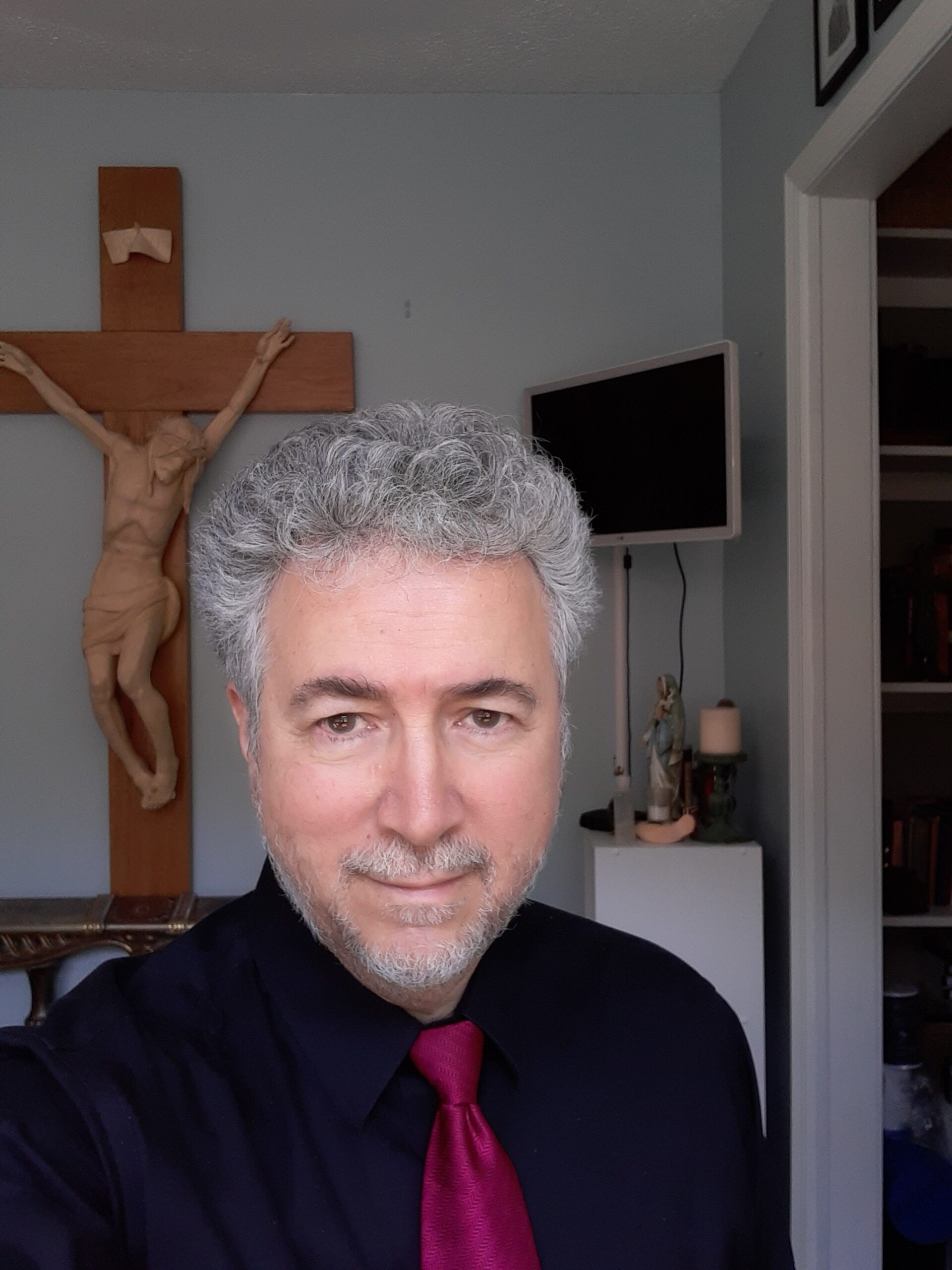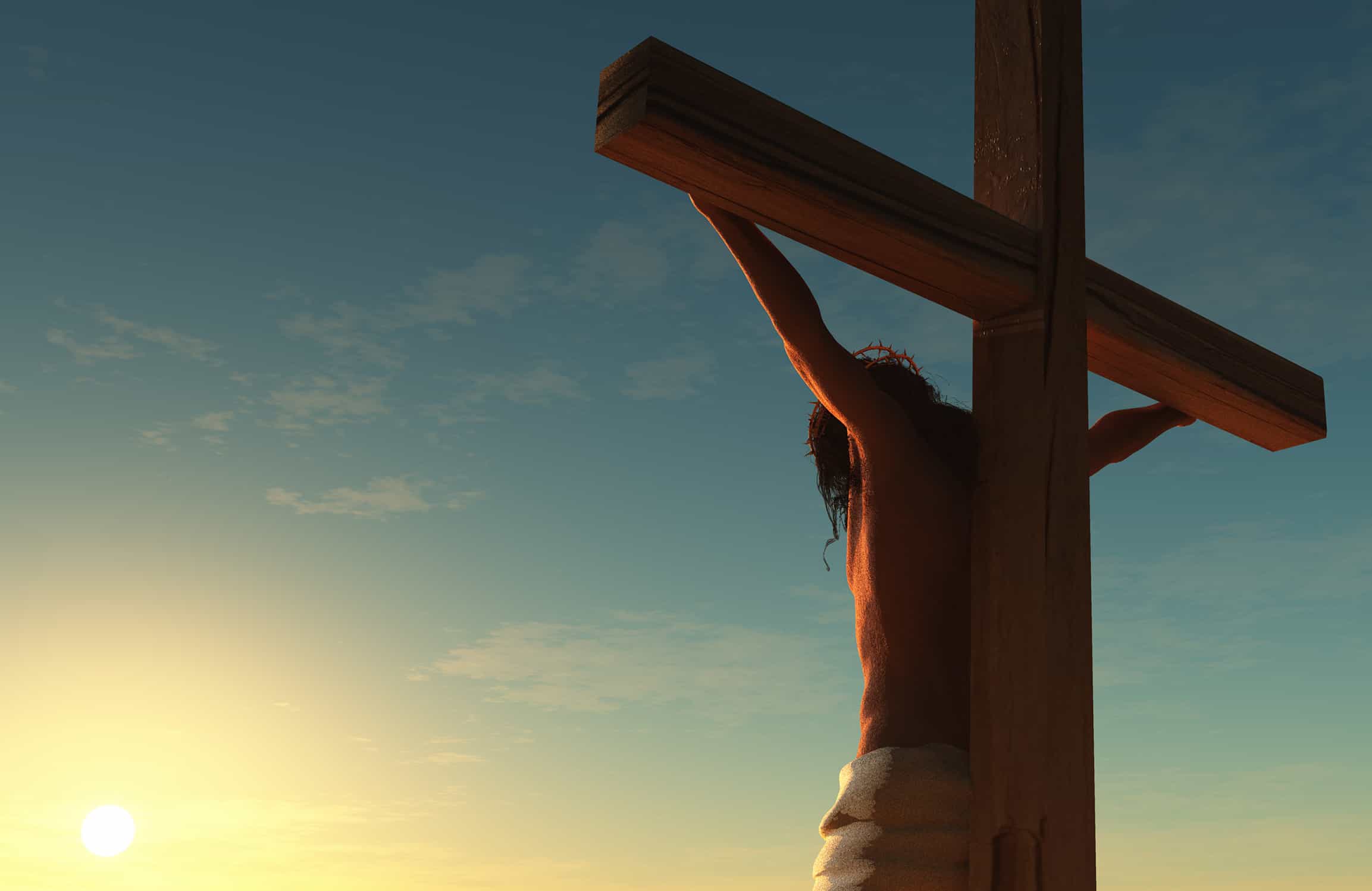1) Man’s sins are an infinite offense against the infinite and perfect goodness of God; an injustice that causes a profound rupture between God and man. Since disunion with God is Hell, mankind by sinning chose its eternal destiny.
2) To be reconciled with God, the offender (mankind represented in Adam) must pay the price of his sins to satisfy the order of justice.
3) No one man or collection of men could ever pay this price. Analogously, like a child that maliciously disobeys his parents and shatters their invaluable vase into a thousand pieces – it’s impossible for him to fix.
4) Only God has the power to atone for man’s sins, although justice demands that it be man that does it. Hence, sin causes a seemingly insurmountable dilemma for God’s image on earth, with dire temporal and eternal consequences.
5) To solve the problem, out of His infinite love, the second Person of the Trinity assumes a human nature to represent man with the power of God, in order to atone for man’s transgressions and save him from his evil choices.
6) Christ’s self-sacrifice as the God-man fixes what Adam (and the rest of us) broke, reconciling mankind to God.
7) Nonetheless, in order for each individual to experience this reconciliation and union with God, each must accept, or say ‘yes’ to, the grace of redemption brought about by Christ on the cross, and cooperate with this grace in the Holy Spirit that Jesus won for humanity.
8) This begins with faith and baptism. Like the desert journey of Israel after being freed from slavery in which God provided them with manna (bread), quail (bird), and water from the rock – Christ, after freeing mankind from sin, offers the Eucharist (manna), the Holy Spirit (quail), and water (grace) from the rock (His Church) to nurture and strengthen His people on the journey through the ‘desert’ of life, against the world, the flesh, and the devil.
9) People must choose to live according to God’s will, which includes the natural law and divine positive law. This means the moral order of creation along with what has been divinely revealed, and promulgated by the Church in Christ’s name. And this includes the Commandments (given by God), the teachings of Christ (communicated by the Son), and the doctrines and precepts of the Church (guided by the Holy Spirit). To follow this means to cooperate with the will of the Father, the work of the Son, and the guidance of the Holy Spirit. This both pleases God and sanctifies and purifies us in our fallen condition.
10) When one falls to mortal sin after baptism and the age of reason, which in effect is rejecting the new Covenant with God won by Christ, Jesus awaits us in the sacrament of Penance (Confession, Reconciliation) to forgive us and make us right with God again.
11) While one’s relationship with God is nourished by the sacraments, particularly the Eucharist, and reaffirmed in the moral life, we do not live in isolation. The Church is a family. Older siblings in Christ who are in Heaven or on earth can help us through prayer, fasting, and almsgiving. The family of God (the Church) in heaven, purgatory, and earth are united in Christ by His one Spirit.
12) The souls of those leaving this short earthly life in a state of grace, after a purgation of the ontological effects of sin if needed, enter eternal bliss in Heaven – the fullness of the God’s presence where all suffering and the effects of sin are obliterated. There they await the resurrection and glorification of their bodies at the end of history to dwell in a ‘new heaven and new earth’ of everlasting life and complete happiness with God, the angels, the saints, and everything else God has in store, which St. Paul tells us: “No eye has seen, nor ear heard, nor the heart of man conceived, what God has prepared for those who love him” ( 1 Cor 2:9).


How does a just God kill an innocent man (his own “son”) for the crimes of others ?